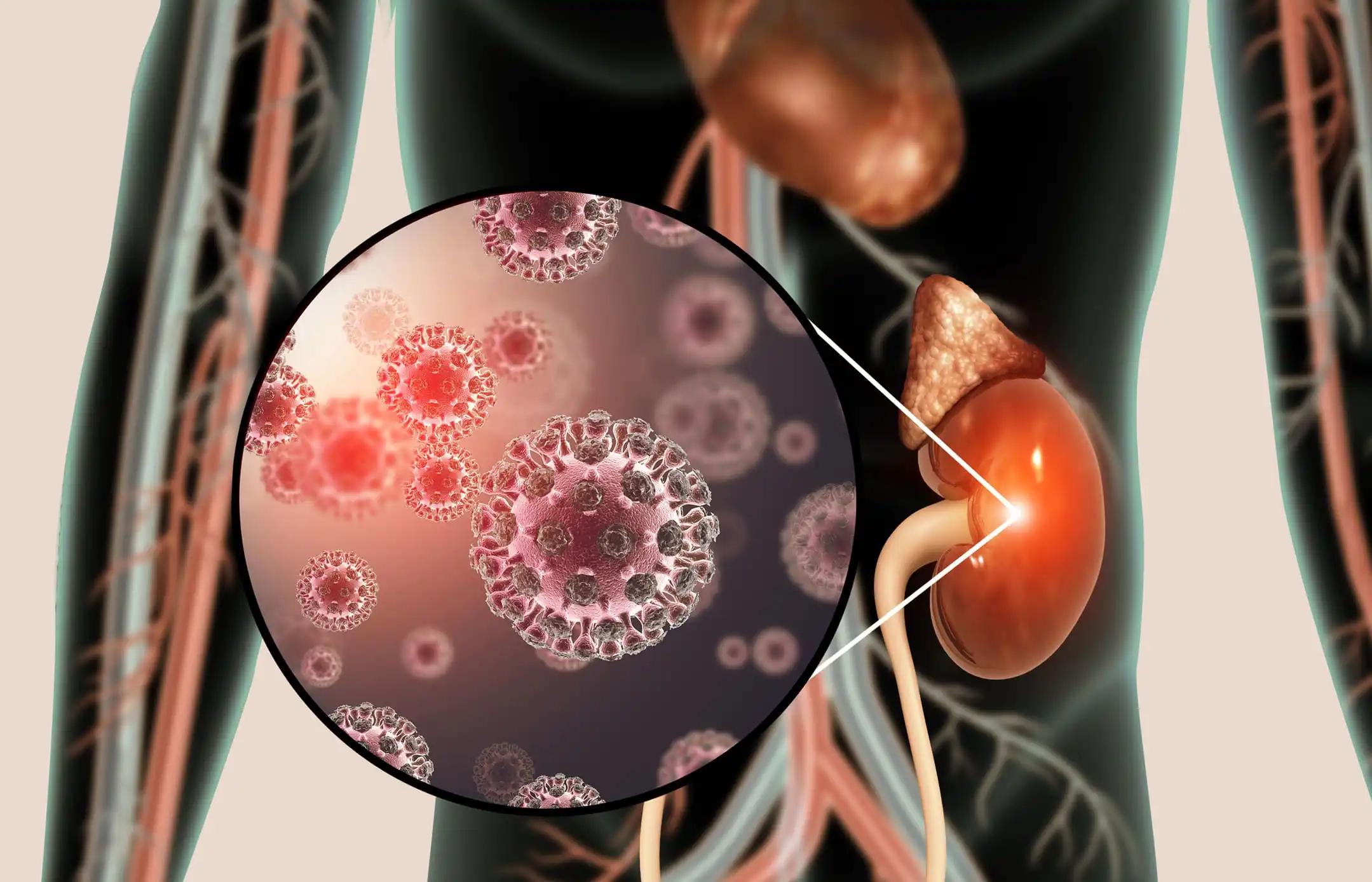KEY TAKEAWAYS
- The study aimed to explore if multimodal therapy, including surgery, could improve survival in patients with metastatic esophageal cancer.
- Researchers noticed that surgical resection shows promise in metastatic esophageal cancer; further investigation is ongoing.
In contrast to the well-established multimodal therapy commonly employed for localized esophageal cancer, the treatment approach for the metastatic stage typically revolves around systemic therapy, as per current international guidelines. However, emerging evidence suggests that a multimodal treatment strategy incorporating surgery could yield benefits for specific cohorts of patients with metastasized esophageal cancer.
Karl Knipper and the team aimed to investigate the survival outcomes among patients diagnosed with metastatic esophageal cancer following various treatment regimens.
They performed an inclusive analysis on patients with adenocarcinoma or squamous cell carcinoma of the esophagus, presenting with synchronous or metachronous metastases, who underwent Ivor Lewis esophagectomy between 2010 and 2021. Each patient received personalized treatment for their metastatic burden following a discussion in an interdisciplinary tumor board conference. Survival disparities among various treatments were evaluated using the Kaplan-Meier method, alongside univariable and multivariable Cox regression models.
About 1791 patients undergoing Ivor Lewis esophagectomy and 235 patients diagnosed with metastases were included. Among them, 42 (17.9%) solely underwent surgical resection of their metastatic disease, while 37 (15.7%) underwent multimodal therapy, including surgery. Additionally, 78 (33.2%) received chemotherapy alone, 49 (20.9%) received other therapies, and 29 (12.3%) received best supportive care.
Patients who underwent resection or multimodal therapy including surgery for their metastatic burden exhibited superior overall survival compared to those receiving chemotherapy alone (median overall survival of 19.0, 18.0, and 11.0 months, respectively) (P < 0.001). This trend was consistent in subcohorts of patients with metachronous solid-organ metastases and those with a single metastasis. In multivariable analyses, resection with or without multimodal therapy emerged as an independent factor for favorable survival.
Surgical resection emerges as a potentially viable treatment avenue for metastasized esophageal cancer, offering improved survival outcomes for specific patient cohorts. However, further prospective randomized studies are imperative to solidify these findings and establish dependable selection criteria.
The study received no funds.
Source: https://pubmed.ncbi.nlm.nih.gov/38814750/
Knipper K, Lemties J, Krey T, et al. (2024). “Surgical and multimodal treatment of metastatic oesophageal cancer: retrospective cohort study.” BJS Open. 2024 May 8;8(3):zrae054. doi: 10.1093/bjsopen/zrae054. PMID: 38814750; PMCID: PMC11138957.



